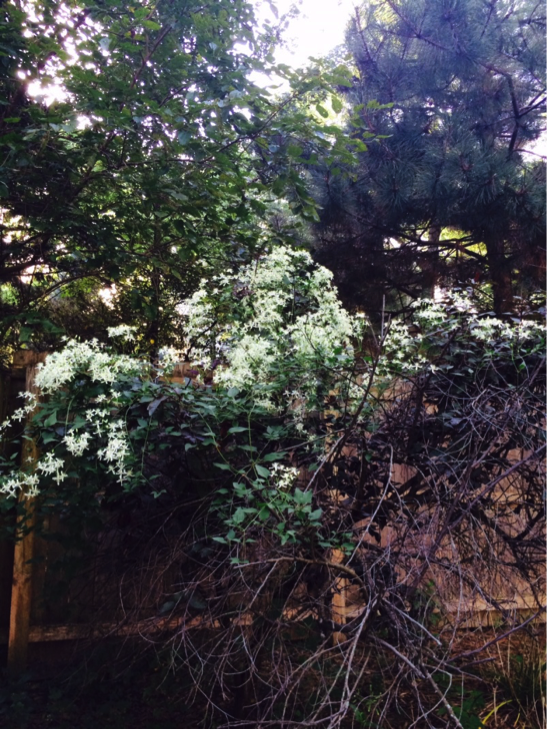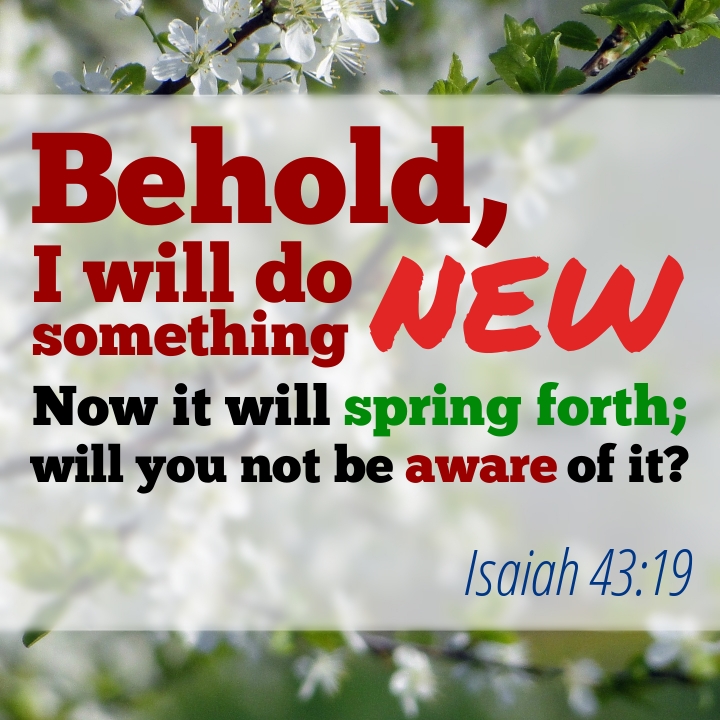This is a guest post by Rachel Fitzgibbon.
 My parents planted a tree. It stood unobtrusively in the back left corner of the yard, dark purple leaves silhouetted against the wooden fence, and didn’t provide much shade or anything too remarkable.
My parents planted a tree. It stood unobtrusively in the back left corner of the yard, dark purple leaves silhouetted against the wooden fence, and didn’t provide much shade or anything too remarkable.
A number of years ago, it started to die. I watched it happen slowly – fewer new buds in the spring, losing its leaves earlier and earlier, until one year it bore no more leaves. The branches began to dry and stick out at odd angles, dejected. It was the kind of death that offended the eye. Naturally, my dad made plans to chop it down and put something new in that corner.
My parents’ marriage faced its own decay in the time between the planting and uprooting of the tree. It was Holy Week of this year when they told me of their impending divorce. I watched my dad contemplate the long Way of the Cross and finally the Crucifixion at the Passion Play at Church. How painfully ironic to sit there and think of Easter coming.
They were going to tell my younger brother when he was home from college on Easter Sunday. I remember the feeling of waiting on Good Saturday, knowing the announcement was coming and my brother’s world was about to change, sensing the emptiness of the tomb. Easter came seemingly without a resurrection.
God makes all things new
As we moved into Ordinary Time again I came to hear the message in the timing: “Behold, I will do something new,” God says through the prophet Isaiah. Why didn’t God infuse something new into my parents’ marriage ten years ago, when it started to crumble?
Several weeks ago, when my father walked into the back corner of the yard to cut down that tree, he found it covered in white flowers. “Behold, I will do something new.” What does that mean? Does God take something old, destroy it, and put something else in its place? Or does God take what is there and breathe new life into it, build upon it, transform the dead pieces, and add to its beauty? Maybe God does a bit of all of these.
 My family must trust that God will in fact take the ugliness of divorce and cover it in beauty. We must trust that, in every difficulty, struggle, and suffering, God is at work making all things new, doing something new.
My family must trust that God will in fact take the ugliness of divorce and cover it in beauty. We must trust that, in every difficulty, struggle, and suffering, God is at work making all things new, doing something new.
I didn’t understand God’s timing, learning of the divorce at Easter, but now I see how even this sorrow can yield new flowers in my life. Can I see the good in the shifting paradigm of what “family” means? Who do I include in my understanding of “family” that I may have excluded before?
Death serves a purpose
In our throw-away culture, God reminds us that the “old” still has beauty – if in no other way than serving as the basis for the “new” to grow and flourish. Before we pass judgment on what needs to be discarded in our lives, let us consider how God may desire to re-create and do something new with it. God’s ability to create is limitless. After all, God has already triumphed in the most unbelievable re-creation possible: bringing back to life the Son whom the world thought was dead. God’s power to make new not only defeats death, but opens the possibility of eternal life to all who trust and hope in the Resurrection.
The tree is still dead, but even its death serves a purpose. The vine producing the white flowers may not have grown if the tree’s roots were still drawing in the water of the earth. Its flowers may have been lost beneath the purple leaves.
God does not always resurrect what we wish would not die. But we can have confidence in the belief that God will ceaselessly create goodness and beauty in our lives, even in the darkest areas we believe to be the furthest from grace.
Not a bad reminder, from a dead little tree.
Rachel Fitzgibbon is a recent graduate of Loras College in Dubuque, IA, where she received her BA in Public Relations and Theology with a minor in Catholic Studies as a member of the Breitbach Catholic Thinkers and Leaders Program. A proud native of Des Moines, IA, Rachel took a leap of faith and moved to the Chicago area to become the Retreat and Spirituality Program Coordinator for Bellarmine Jesuit Retreat House in Barrington, IL.









Thank you beyond words, Rachel.
Your story touches deep chords in my own situation – long-standing relationships in crisis, at the cusp of crumbling or being rebuilt.
Isaiah 43 has been a passage of Scripture which has come to me out of the blue from others’ words over the decades at times of crisis and here it is again.
It can be so hard to accept the death of something once held so dear.
It can be so hard to know at what point to turn sadly and walk away.
This gentle reassurance, reminder, that God is a Creator God who always works to bring life out of death, resurrection out of crucifixion, beauty out of ugliness – thank you for this.
I’d said to God this morning “I don’t know how to pray any more. I want to stay connected to the Vine but no longer know how.” and then I simply got on with my life – not even able to trust that God would hold on to me even when I can’t hold on to God.
And now God gives me this gift.
Thank you God.
This post also struck a chord with me as I struggle with family conflict. Trusting God is always the right response but it takes me awhile to get there.